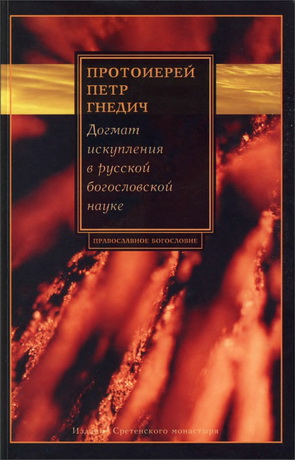
Brown – Seeing the Psalms - A Theology of Metaphor
With all due respect to the apostle Paul, there is good reason to call the book of Psalms the “Romans of the Old Testament.” Luther himself, while lecturing on the Psalter for twenty years (1513-33), found among the psalms both the theological recovery of the Old Testament and the very themes of Reformation the- ology, crystallized in the doctrine of justification “by faith alone.” If not the theological center of the Old Testament, the Psalter is at least Scripture’s most integrated corpus. On David’s many-stringed lyre, as it were, there can be heard almost every theological chord that resounds throughout the Hebrew Scriptures, from covenant and history to creation and wisdom. In the Psalms, the God who commands is also the God who sustains. The God of royal pedigree and the God of the “poor and needy,” the God of judgment and the God of healing, God’s hidden face and God’s beaming countenance: all are profiled in the Psalter. It was not without justification that Luther called the Psalter “the little Bible.”
But that is not all. Such an eclectic portrayal of the divine is consonant with an equally thick profile of the human self. Whether or not the Psalter is the most theological book of the Hebrew canon, one thing is certain: it is the Bible’s most introspective book, the one that most intensely probes the “inward zone of the spirit.” The public and private spheres, corporate worship and inner devotion, find their nexus in the Psalms. From anger to adulation, the various psalms cover the gamut of human emotion and response to God’s presence in the world, or lack thereof. All that is humanly experienced is related to God. Knowledge of self and knowledge of God, to utilize Calvin’s categories, are inseparably bound. With its jagged edges yet luminous intensity, the Psalter presents the rich mosaic of faith, pieced together from Israel’s turbulent history and cultural diversity.
Nevertheless, the attraction the Psalter has gained throughout the history of interpretation cannot simply be attributed to its wide scope and variety. The power of Psalms lies first and foremost in its evocative use of language. The psalms at once caress and assault the soul. They orient, disorient, and reorient; they scale the heights of praise as well as plumb the depths of despair. The anguished cry, “My God, my God why have you forsaken me?” (22: la) is matched by the joyful summons, “Make a joyful noise to God, all the earth!” (66:1). The poetry oscillates between anguish and joy, righteous protest and personal confession. Rife with the pathos of praise and the ethos of agony, the book of Psalms captures better than any other corpus of Scripture the “bi-polar” life of faith.
As poetry, the psalms do not simply express; they also impart and teach. The language of ancient verse does more than glorify itself, in distinction perhaps from much modern poetry. Biblical poetry is poetry with a purpose. Paul Ricoeur’s observation of the formative dimensions of biblical language pertains especially to the psalms: “The [biblical] word forms our feeling in the process of expressing it.” By giving voice to unspeakable pathos, the Psalter shapes the life of faith, no less, forming the memory and thus the identity of a people. The psalmist, moreover, declares time and again that such “meditation,” however anguished, is devoted to God.8 Only in the Psalter is God’s glory conveyed so personally and lyrically. Rich in metaphor and raw in texture, the various psalms strike the resonant yet dissonant cadences of faith. To read the psalms is to hear their rhythms; to hear them is to behold the rich imagery they convey; to behold the psalms is to feel them in all their pain and promise; and to feel them is, ultimately, to “taste and see that the LORD is good” (Ps 34:8a). The psalmists’ anguished voices, jubilant cries, and instructive words together shape the reader’s affections and posture coram deo. Together, they direct the deepest desires of a people ad deum and away from anything less than worthy of praise—and worthy of lament. The psalms offer palpable prayer to the affectively deprived, prayer that, as the rabbis defined it, is a “service of the heart” (b. Taanit, 2a). Poetry, the discourse of the heart, is the stuff of psalms.
William P. Brown – Seeing the Psalms - A Theology of Metaphor
Louisville, London: Westminster John Knox Press, 2002. – 291 p.
ISBN 0-664-22502-2
William P. Brown – Seeing the Psalms – Contents
Illustrations
Preface
Abbreviations and Symbols
Introduction: A Poetics of the Psalmic Imagination
- The Iconic Metaphor
- The Poetic Imagination
- Contemporary Context
- Modus Operandi
1. “In the Shadow of Shaddai”: The Metaphor of Refuge
- Introduction
- The Refuge Metaphor
2. “I Shall Walk in Freedom”: The Metaphor of Pathway
- The Way of Torä
- Path of Peril and Salvation
- Pathway and Refuge
- The “Ritual” of Habitation
3. The Transplanted Tree: Psalm 1 and the Psalter s Threshold
- Translation
- Tree and Torä
- True Tree: Positive Connotations
- Knotty Tree: Negative Connotations
- The Arbor in the Psalters Landscape
- Conclusion
4. The Sun of Righteousness: Psalm 19 and the Joy of Lex
- Translation
- Deus Praesens: The Background of Solar Imagery
- Reading Psalm 19
- The Purification of the Individual
- The Light of the Law
- Image and Icon: The Synagogue Mosaics
- Conclusion
5. The Voice of Many Waters: From Chaos to Community
- Fear of Drowning
- Affliction as Desiccation
- Refreshment and Renewal
- From Thirst to Inundation: Psalm 42:1-8
6. The Song of Leviathan: Gods Theater of Praise
- Animals as Metaphors
- From Metaphor to Creation
- Call of the Wild: The Conclusion of the Psalter
7. “On You I Was Cast from My Birth”: The Anatomy of a Personal God
- The Distinctiveness of Divinity
- Divine Anatomy
- Roles of God
8. “As the Mountains Surround Jerusalem”: Mapping the Divine
- Light
- Metaphors of Protection
- Fountain
- Possession: “Portion” and “Cup”
Conclusion: In Defense of Iconic Reflection: The Case of Psalm
- The Metaphorical Contours of Psalm
- Postscript: A Theology of Prayer and Poesis
Notes
Scripture and Ancient Source Index
Author/Subject Index
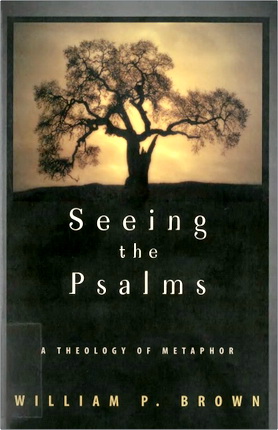
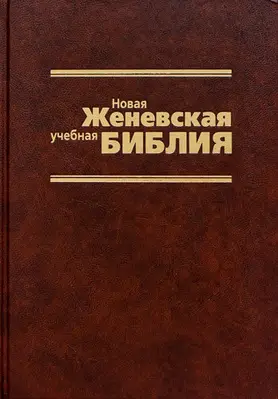

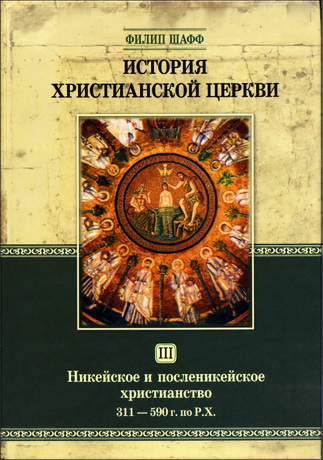
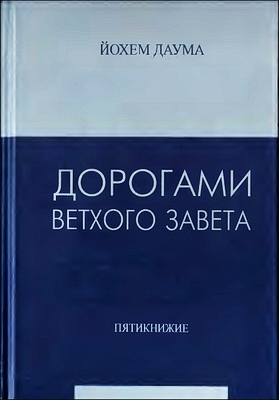
Комментарии (2 комментария)
Большое спасибо!
Большое спасибо!